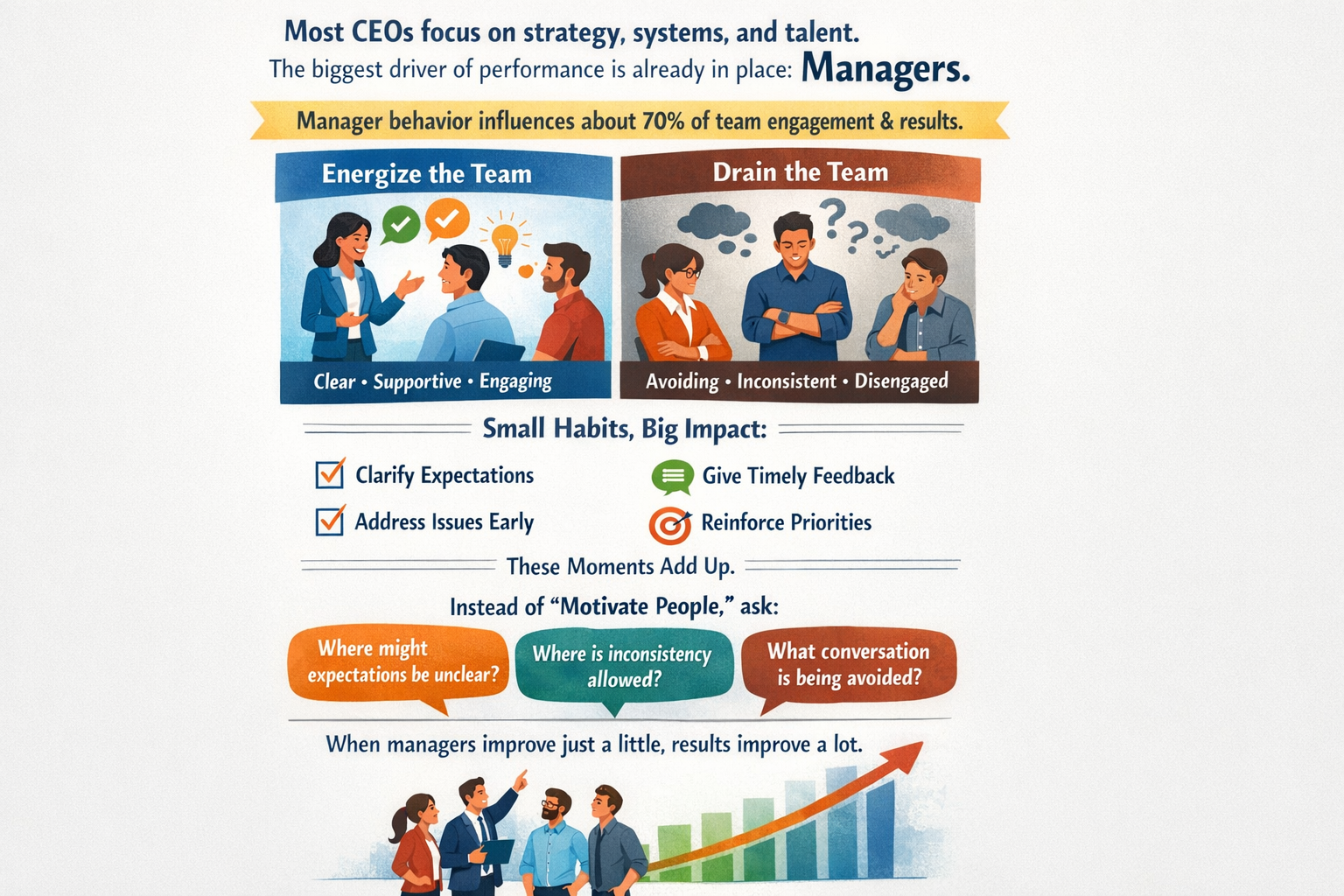The Power of Curiosity

Curiosity is often dubbed the engine of intellectual growth. It is the key to many benefits that extend far beyond gaining more knowledge. It is a catalyst for personal and professional development, broadening one’s horizons, and strengthening relationships.
At its core, curiosity sharpens thinking skills. By questioning the status quo and seeking answers, individuals develop critical thinking and problem-solving abilities. This drive to understand sparks innovative activity, enabling individuals to tackle challenges with ingenuity and resilience.
Also, curiosity is a gateway to knowledge. It propels individuals on a continuous journey of exploration and learning, fostering a deeper understanding of the world around us. From uncovering new interests to mastering new skills, curiosity fuels intellectual growth and empowers individuals to adapt to an ever-changing landscape.
Beyond personal enrichment, curiosity also plays a pivotal role in nurturing meaningful relationships. Genuine curiosity about others fosters empathy, understanding, and connection. By actively listening, asking insightful questions, and showing genuine interest, individuals build rapport and forge stronger bonds with peers, colleagues, and loved ones.
In essence, curiosity isn’t merely a trait; it’s a way of life – an ongoing pursuit of understanding and growth. Embracing curiosity opens doors to new possibilities, enriches experiences, and cultivates a more vibrant and fulfilling existence. So, dare to ask questions, explore the unknown, and let curiosity guide you on a journey of discovery and transformation.
What are you curious about? How can you reach out to explore new possibilities in this area of interest?


